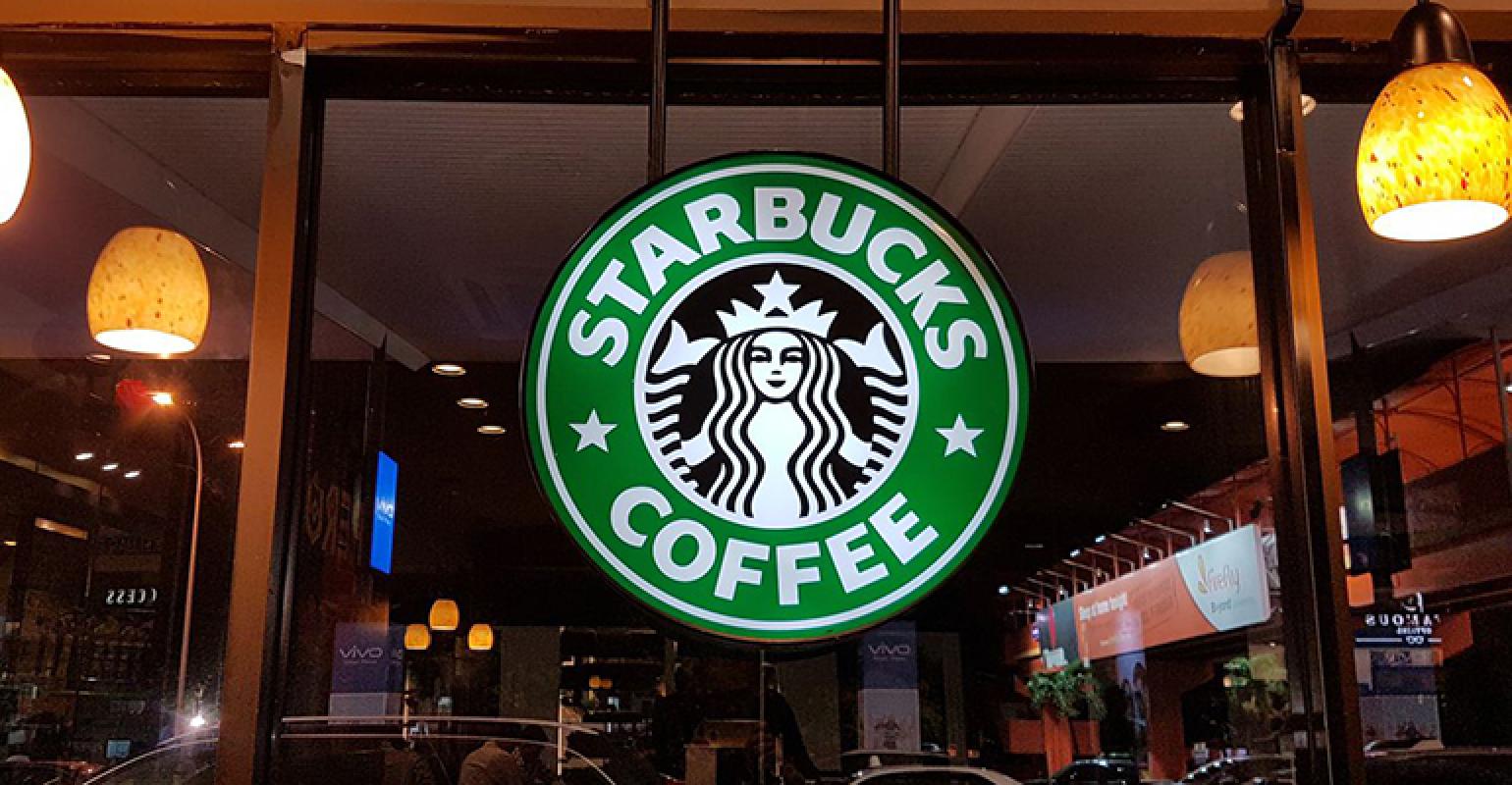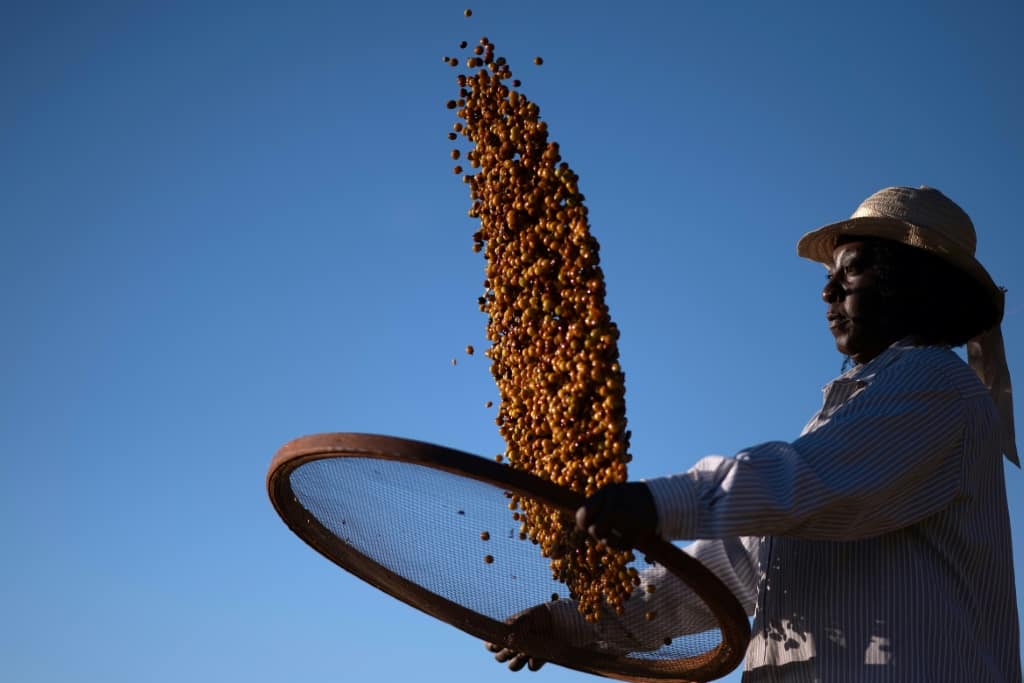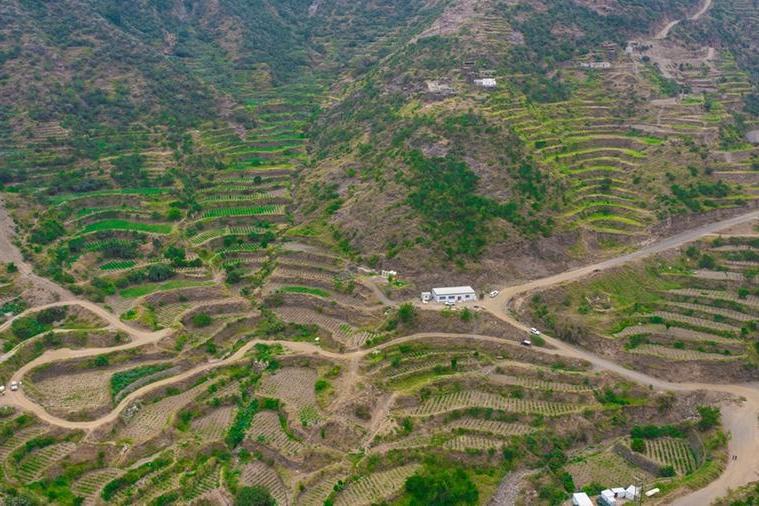


Starbucks has announced a significant investment in coffee farms located in Guatemala and Costa Rica, aiming to develop climate-resilient agricultural practices to mitigate the impacts of climate change on its coffee supply chain [37efe4cc]. The company currently purchases 3% of the world’s arabica coffee from over 450,000 farmers and operates more than 39,000 stores globally [37efe4cc]. This initiative comes in response to increasing challenges posed by extreme weather conditions, particularly affecting coffee yields in Brazil, a major coffee-producing country [37efe4cc].
As part of its commitment to sustainability, Starbucks plans to create a collaborative coffee innovation network to study hybrid coffee varieties and explore mechanization and technology in coffee farming [37efe4cc]. Executive VP Michelle Burns emphasized the company's dedication to a sustainable coffee future, highlighting the importance of adapting to climate change [37efe4cc]. A new sustainability lab is set to break ground at Hacienda Alsacia in December 2024, which will serve as a hub for research and development in sustainable coffee practices [37efe4cc]. Additionally, Starbucks operates 10 Farmer Support Centers across Latin America, Africa, and East Asia, providing resources and support to coffee farmers [37efe4cc].
In parallel, the Saudi Coffee Company is making strides in the coffee industry by establishing a model coffee farm in Jazan, Saudi Arabia, which will span one million square meters and aim to grow five million coffee trees by 2030 [e3d79790]. This initiative is part of a broader strategy to increase coffee production capacity from 300 to 2,500 tons annually by 2023, with an investment of nearly SAR 1.2 billion [e3d79790]. The model farm will not only serve as a benchmark for local coffee producers but will also promote sustainable farming practices and provide training opportunities for farmers [e3d79790]. The company is committed to enhancing the quality of Coffea Arabica, Saudi Arabia's signature coffee type, and aims to contribute to the diversification of the Saudi economy through the coffee sector [e3d79790].
Meanwhile, in Brazil, black coffee producer Raphael Brandao is challenging historical stereotypes by sourcing coffee beans exclusively from black farmers through his brand Cafe di Preto [3aece2f8]. Brandao's initiative aims to reverse the perception that black individuals are merely laborers in the coffee industry, promoting the idea that they can produce high-quality coffee [3aece2f8]. He has found support from fellow black producer Neide Peixoto, who grows coffee on her family land and is proud to contribute to this movement [3aece2f8]. These narratives from Saudi Arabia, Brazil, and Starbucks illustrate a growing trend towards sustainability and inclusivity in the global coffee industry.